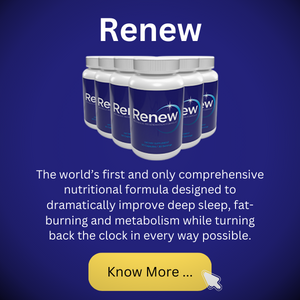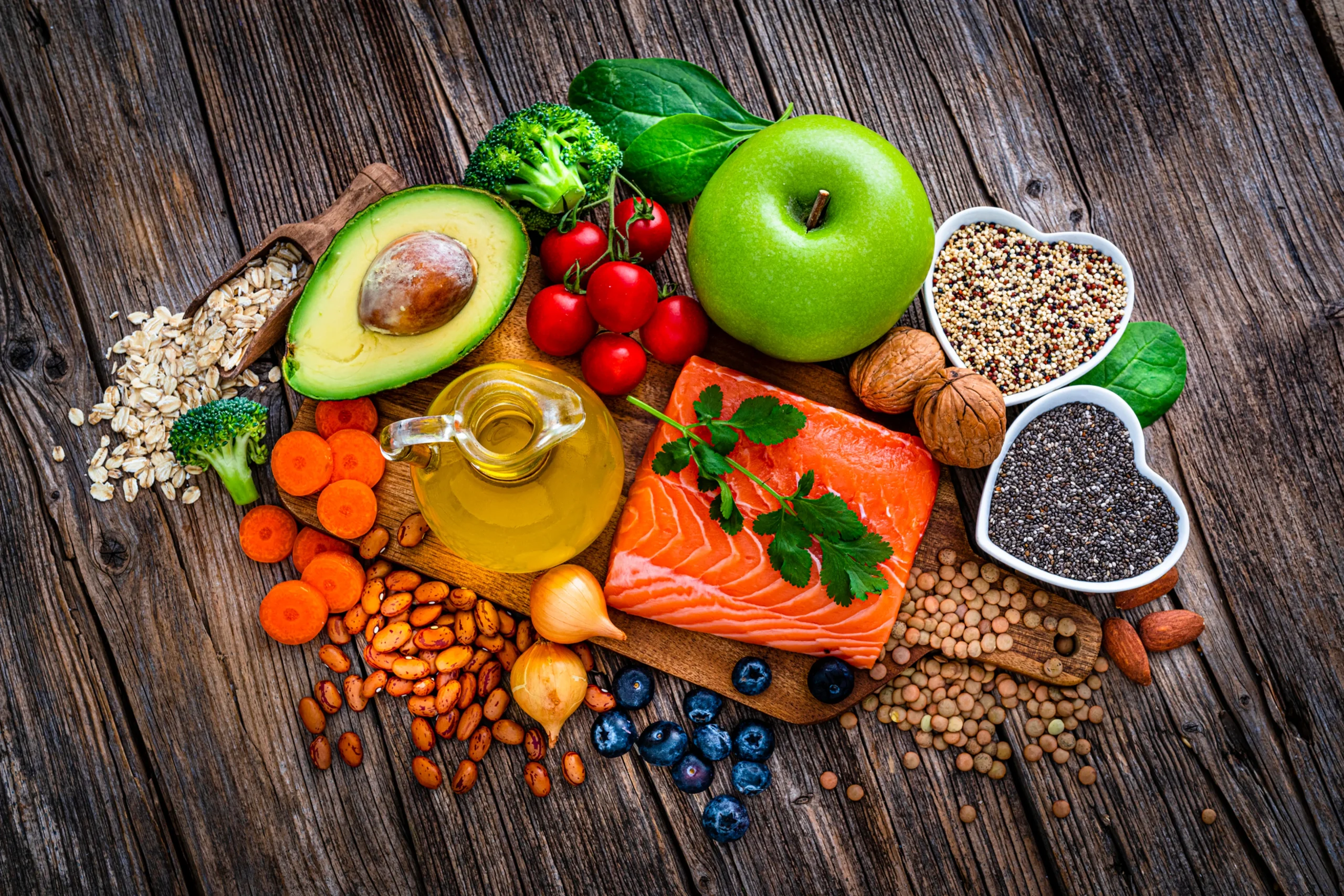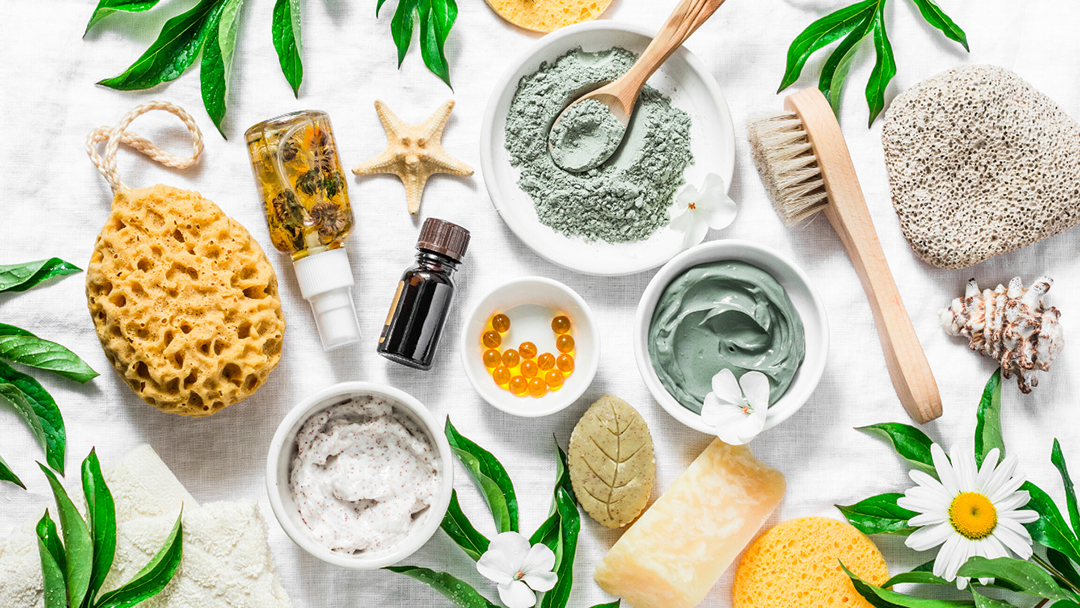FDA Pushes For Ban On 7-OH Kratom Products—What You Need To Know
- The FDA just recommended tighter restrictions and the potential drug classification of kratom products containing a specific extract called 7-OH.
- Currently, these unregulated, non-FDA-approved products are available across the country in a variety of gas stations and smoke shops.
- Here’s what you need to know about kratom and 7-OHs.
On Tuesday, the US Food and Drug Administration Commissioner Marty Makary, MD, said he planned to officially classify kratom products containing 7-hydroxymitragynine (7-OH) as drugs based on their abuse or dependency potential, per the New York Times. Robert F. Kennedy, Jr., head of the U.S. Department of Health and Human Services (HHS), also said he planned to restrict access to products containing this powerful oxidized kratom extract, which can currently be purchased online or in gas stations, smoke shops, and supplement stores.
“7-OH is an opioid that can be more potent than morphine. We need regulation and public education to prevent another wave of the opioid epidemic,” Dr. Makary said in a press release.
Currently, 7-OH and kratom products are not approved or regulated by the FDA. In a consumer update posted this week, the FDA recommended that consumers avoid 7-OH products, “including conventional foods, dietary supplements, and those claiming to treat an ailment or disorder.” The agency is not focused on regulating kratom leaf products at this time.
Seen signs for kratom or 7-OH products in your hometown and wondering what all this means? Here’s why the FDA is warning consumers about 7-OH extracts, and what toxicologists and an addiction medicine specialist want you to keep in mind when it comes to kratom.
Meet the experts: Jamie Alan, PhD, an associate professor of pharmacology and toxicology at Michigan State University; Kelly Johnson-Arbor, MD, a toxicologist at MedStar Health; Juan Franco, MD, addiction medicine physician at Caron Treatment Center
What is kratom?
Kratom is a tropical tree, in the same family as the coffee tree, that’s native to Southeast Asia, per the FDA. In the US, you can buy products prepared from kratom leaves, which claim to treat anything from pain, coughing, diarrhea, anxiety and depression to opioid use disorder and opioid withdrawal. Kratom is often billed as a natural painkiller or alcohol alternative, and started appearing in American smoke shops in the late 2010s.
Kratom leaves are usually crushed and then smoked, brewed with tea, or put into gel capsules, per the DEA. Kratom is not approved for medical use under the FDA, and it’s listed by the DEA as a “drug of concern.”
At low doses, kratom produces stimulant-like effects, according to the Drug Enforcement Administration (DEA). But at high doses, it works like a sedative and can cause psychotic symptoms, and psychological and physiological dependence. The DEA cites several cases of psychosis linked to kratom, where people had psychotic symptoms, like hallucinations, delusion, and confusion. Its use can also lead to addiction and a CDC report found 152 kratom-related deaths from 2016 to 2017 alone.
Initially, “because of its euphoric effects, kratom has been promoted as a ‘safer’ alternative to opioid analgesics and may also be described as an ‘herbal high,’” says Kelly Johnson-Arbor, MD, a toxicologist at MedStar Health. However, despite the fact that “many people perceive kratom as being safe, kratom intoxication is associated with serious undesirable health effects,” she says.
“Like traditional opioids—oxycodone, fentanyl, morphine—kratom has significant abuse potential,” says Juan Franco, MD, addiction medicine physician at Caron Treatment Center.
What are 7-OHs?
7-OH occurs naturally at low levels in the kratom plant, but the FDA is most concerned with products that contain 7-OH in oxidized extracts at high levels, which can be dangerous. In fact, the FDA refers to them as “novel potent opioid products.”
“Kratom is broken down by the human body into active metabolites, including 7-OH,” Dr. Johnson-Arbor explains. “As an active byproduct of kratom, 7-OH possesses many of the same side effects of kratom, including the ability to transfer into the brain and cause sedation and euphoria.”
The 7-OH content in kratom products can have varying potencies and may be inconsistently labeled, Dr. Franco says. “That increases the risk of overdose and adverse effects,” he says.
“Right now, anyone can buy this [product],” points out Jamie Alan, PhD, an associate professor of pharmacology and toxicology at Michigan State University. “But one of the issues is that you can actually become addicted to the substance, meaning that when you stop taking the substance you will crave it and you may have withdrawals.” This might look like sweating, shaking, body aches, and diarrhea, she explains.
“One of the other major concerns is that kratom—and 7-OH—are a central nervous system depressant,” Alan says. When it’s taken with other central nervous system depressants like opioids (pain medications), benzodiazepines (anti-anxiety and sleeping medications), and alcohol, it can increase the risk of side effects up to and including death, she points out.
Are 7-OHs legal?
7-OH products are not currently approved or regulated by the FDA. While many of these products are marketed as supplements (which are only loosely regulated by the FDA), the agency notes that they are “not lawful as a dietary supplement or when added to conventional foods because it has not met the appropriate safety standard.”
Is there going to be a 7-OH ban?
Possibly, since Dr. Makary said this week that he is recommending that 7-OH be scheduled as a drug. “Let’s be honest,” he said in a press conference on Tuesday, per The New York Times. “There’s also a lot we don’t know. This may be the calm before the storm. It may be the tip of the iceberg, but let’s be aggressive and proactive.”
Right now, it remains to be seen if a full ban will play out.
Alan, for her part, is glad 7-OH products are being investigated. “This is really a risky product,” she says.
Korin Miller is a freelance writer specializing in general wellness, sexual health and relationships, and lifestyle trends, with work appearing in Men’s Health, Women’s Health, Self, Glamour, and more. She has a master’s degree from American University, lives by the beach, and hopes to own a teacup pig and taco truck one day.
Source link
Share this article:












